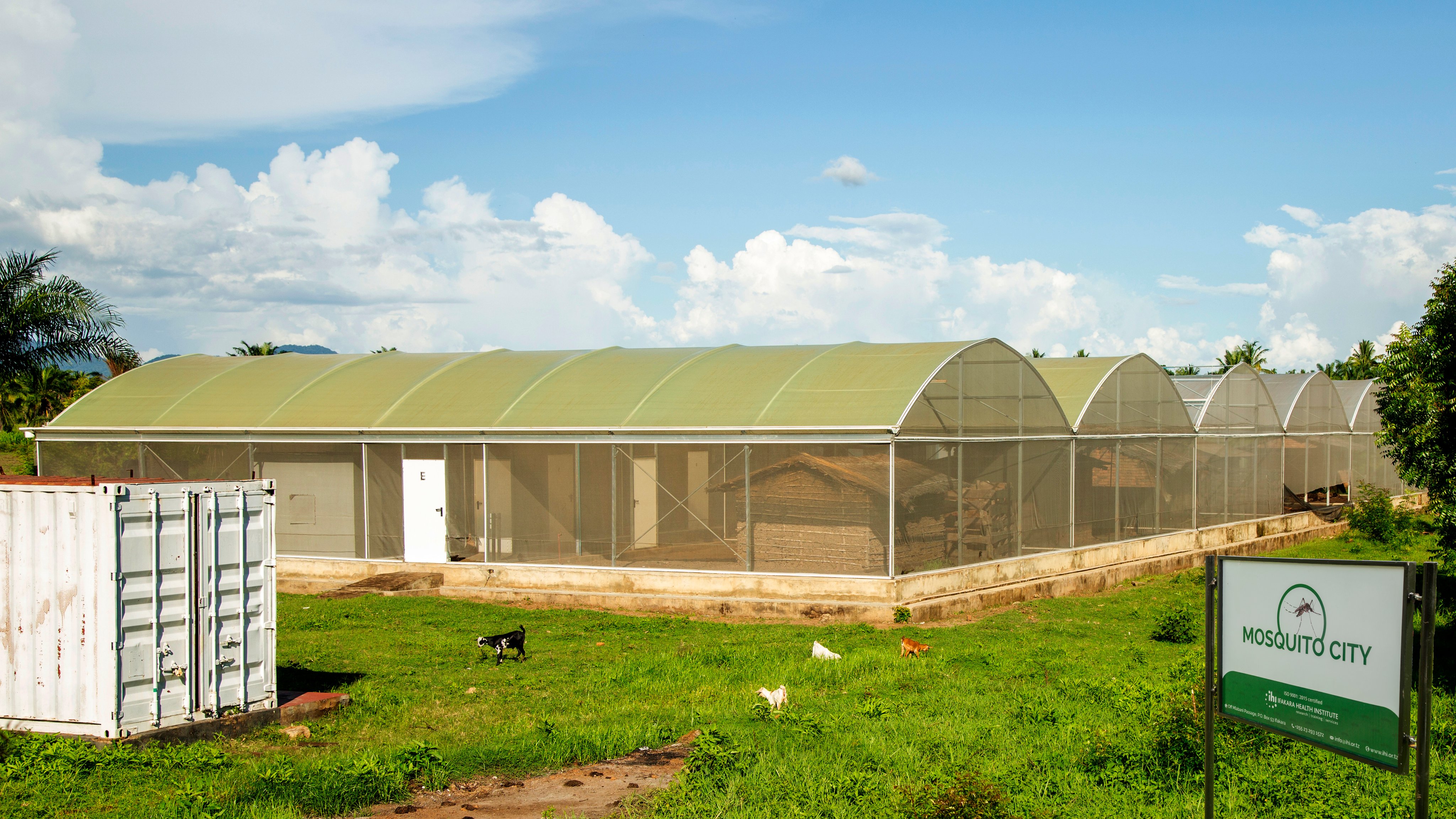
Principal Investigator: Dr. Halfan Ngowo
Project leader/ Coordinator: Betwel John Msugupakulya
Project Administrator: Rukiyah Mohammad
Funding Partner: Bill & Melinda Gates Foundation
Start date: Oct. 31, 2024
End date: Nov. 30, 2028

Modelling climate impacts on malaria in Tanzania and Mozambique – “Climate Modelling”
The project titled “Modelling Climate Impacts on Malaria in Tanzania and Mozambique” aims to develop a comprehensive, data-driven framework that aids policy-making and enhances preparedness for mitigating the effects of climate variability and extreme weather on malaria transmission in Africa, with a focus on Tanzania and Mozambique.
This four-year project, implemented by Ifakara Health Institute with funding from the Bill & Melinda Gates Foundation, is led by Principal Investigator Dr. Halfan Ngowi, Project Leader Betwel John Msugupakulya, with Dr. Yeromin P. Mlacha serving as Scientific Advisor.
The project is structured around four main work packages. The first, Stakeholder Engagement and Data Mapping (WP1), involves engaging stakeholders to define essential working partnerships, data and modelling needs, and useful model outputs for policy and decision-making. WP1 also aims to evaluate the additional efforts and costs associated with responding to climate stressors and will incorporate stakeholder and community perspectives in modelling and the decision-making process.
Data Collection and Quality Enhancement (WP2), the second package, will focus on digitizing historical rainfall and temperature data, developing standardized protocols, and collecting comprehensive data on mosquito populations, malaria incidence, and health systems characteristics and how they respond to weather patterns/events.
The third package, Climate-Malaria Transmission Modelling Integration (WP3), will revive and improve existing malaria risk mapping tools, such as the Tanzania Meteorological Authority’s MapRoom, and employ advanced statistical and mechanistic models to explore the links between climate variability and malaria transmission. This package will also measure how SoEEs influence malaria vectors and disease risk over time.
The fourth package, Capacity Building and Data Literacy Enhancement (WP4) aim to enhance climate and modelling data literacy among key stakeholders and establish a Climate & Health Scholar program to train local MSc and PhD students in advanced modelling techniques.
Several key institutions will support training and collaboration, including the Liverpool School of Tropical Medicine in the UK, the University of North Carolina in the US, the University of the Witwatersrand in South Africa, and Tanzanian institutions such as the Muhimbili University of Health and Allied Sciences (MUHAS) and the University of Dar es Salaam (UDSM).
Additionally, a network of sub-awardees will play critical roles. The Tanzania Meteorological Authority will digitize historical climate data and refine climate mapping. The Centro de Investigação em Saúde de Manhiça (CISM) in Mozambique will lead mosquito surveillance and coordination with national malaria and meteorological agencies. Eduardo Mondelane University and the Institute of Health Sciences in Mozambique will lead stakeholder engagement (WP1), protocol design, and data synthesis.
MUHAS will coordinate scholarly programs, including webinars and symposia, while Jhpiego will lead WP1 activities in Tanzania and organize stakeholder workshops and data collection. Technical support for ecological modelling will come from the University of Glasgow, disease transmission modelling expertise from the Liverpool School of Tropical Medicine, and climate modelling guidance from the University of North Carolina.
This project will provide essential insights for policy and decision-makers in managing the impacts of climate change on malaria. Through this, the project seeks to strengthen Africa’s resilience against malaria in an era of increasing climate variability.
